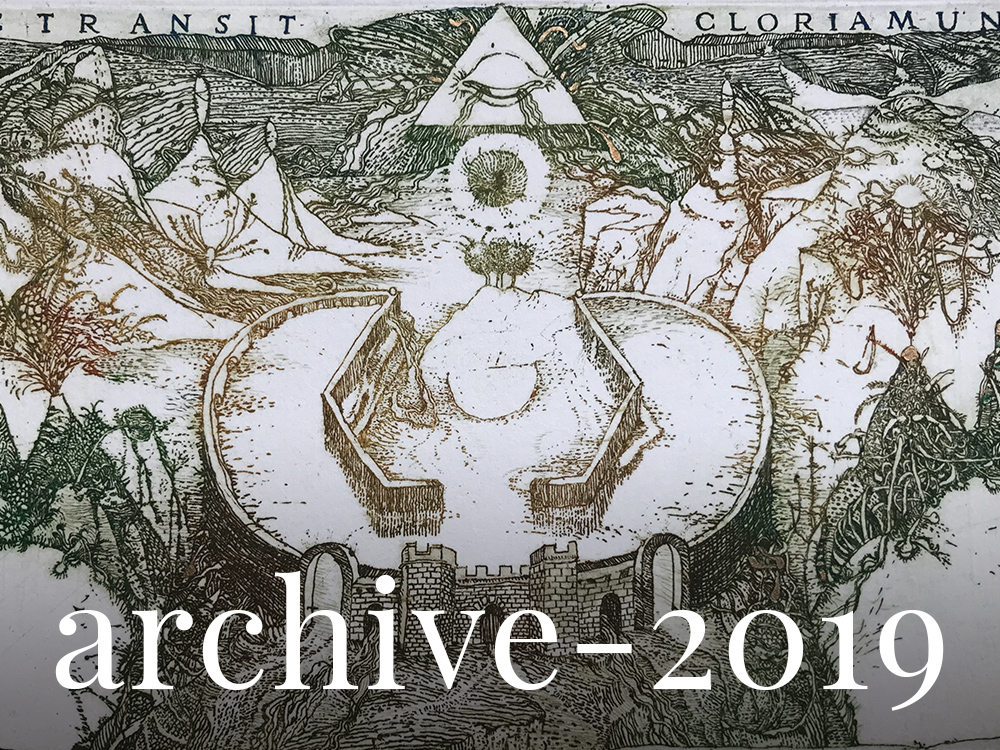Pavlo Zagrebelny – For Alexandr Korotko: a letter from the past
 “The future has returned to the past” – what a prophetic phrase from Alexander Korotko! You can add a specific meaning to all the prisoners in it – a letter from the famous writer Pavel Zagrebelny, sent back in 2000, was found in the poet’s archive. So, the future, that is, today, brings the poet Koroko back almost two decades ago, to the past, when Pavel Arkhipovich received the book of poems “The Glory of Dead Hands” and this poetry shook him so much that he not only expressed his admiration, but wrote an essay about his younger literary fellow.
But back to the letter.
“Dear Alexander Shimonovich!
Thank you so much for ” Рукоплесканье.””. In our nervous state it is almost impossible to get a book that interests you, therefore, your gift is doubly valuable to me.
The most important thing: I discovered the Poet, a wise man, an original thinker, who possesses deep, up to esoteric knowledge. I like that you don’t read rhyme too much, for rhyme … although it limits poets, it also helps them, which is used by whole hordes of graphomania, for whom free verse is death, for in free verse that does not rely on “dentures” rhymes, you have to show the real depths (and abysses), and when they are not there, the king is naked.
I have absolutely stunning impression of ” Стравинскому “. In this thing is coded literally everything possible: our history, our hopes, disappointments, tragedies, sufferings, madness and nonsense of our being”.
On the main page of the site are two poems by Alexander Korotko from the book “Рукоплесканье мёртвых рук”: of course, “Стравинскому” and another, not rhymed, both so highly appreciated by Zagrebelny, about which he honestly and absolutely non-complementary wrote: “They just need to be read. For myself, silently, regardless … “
At the end of this week, on Friday, it is planned to continue publication. The text of the essay by Pavel Zagrebelny about the book of 1998 ” Рукоплесканье мёртвых рук ” – an amazing example of the poetic mastery of Alexander Korotko’s poetic artistry – will be posted on the page CRITICISM.
“The future has returned to the past” – what a prophetic phrase from Alexander Korotko! You can add a specific meaning to all the prisoners in it – a letter from the famous writer Pavel Zagrebelny, sent back in 2000, was found in the poet’s archive. So, the future, that is, today, brings the poet Koroko back almost two decades ago, to the past, when Pavel Arkhipovich received the book of poems “The Glory of Dead Hands” and this poetry shook him so much that he not only expressed his admiration, but wrote an essay about his younger literary fellow.
But back to the letter.
“Dear Alexander Shimonovich!
Thank you so much for ” Рукоплесканье.””. In our nervous state it is almost impossible to get a book that interests you, therefore, your gift is doubly valuable to me.
The most important thing: I discovered the Poet, a wise man, an original thinker, who possesses deep, up to esoteric knowledge. I like that you don’t read rhyme too much, for rhyme … although it limits poets, it also helps them, which is used by whole hordes of graphomania, for whom free verse is death, for in free verse that does not rely on “dentures” rhymes, you have to show the real depths (and abysses), and when they are not there, the king is naked.
I have absolutely stunning impression of ” Стравинскому “. In this thing is coded literally everything possible: our history, our hopes, disappointments, tragedies, sufferings, madness and nonsense of our being”.
On the main page of the site are two poems by Alexander Korotko from the book “Рукоплесканье мёртвых рук”: of course, “Стравинскому” and another, not rhymed, both so highly appreciated by Zagrebelny, about which he honestly and absolutely non-complementary wrote: “They just need to be read. For myself, silently, regardless … “
At the end of this week, on Friday, it is planned to continue publication. The text of the essay by Pavel Zagrebelny about the book of 1998 ” Рукоплесканье мёртвых рук ” – an amazing example of the poetic mastery of Alexander Korotko’s poetic artistry – will be posted on the page CRITICISM.
